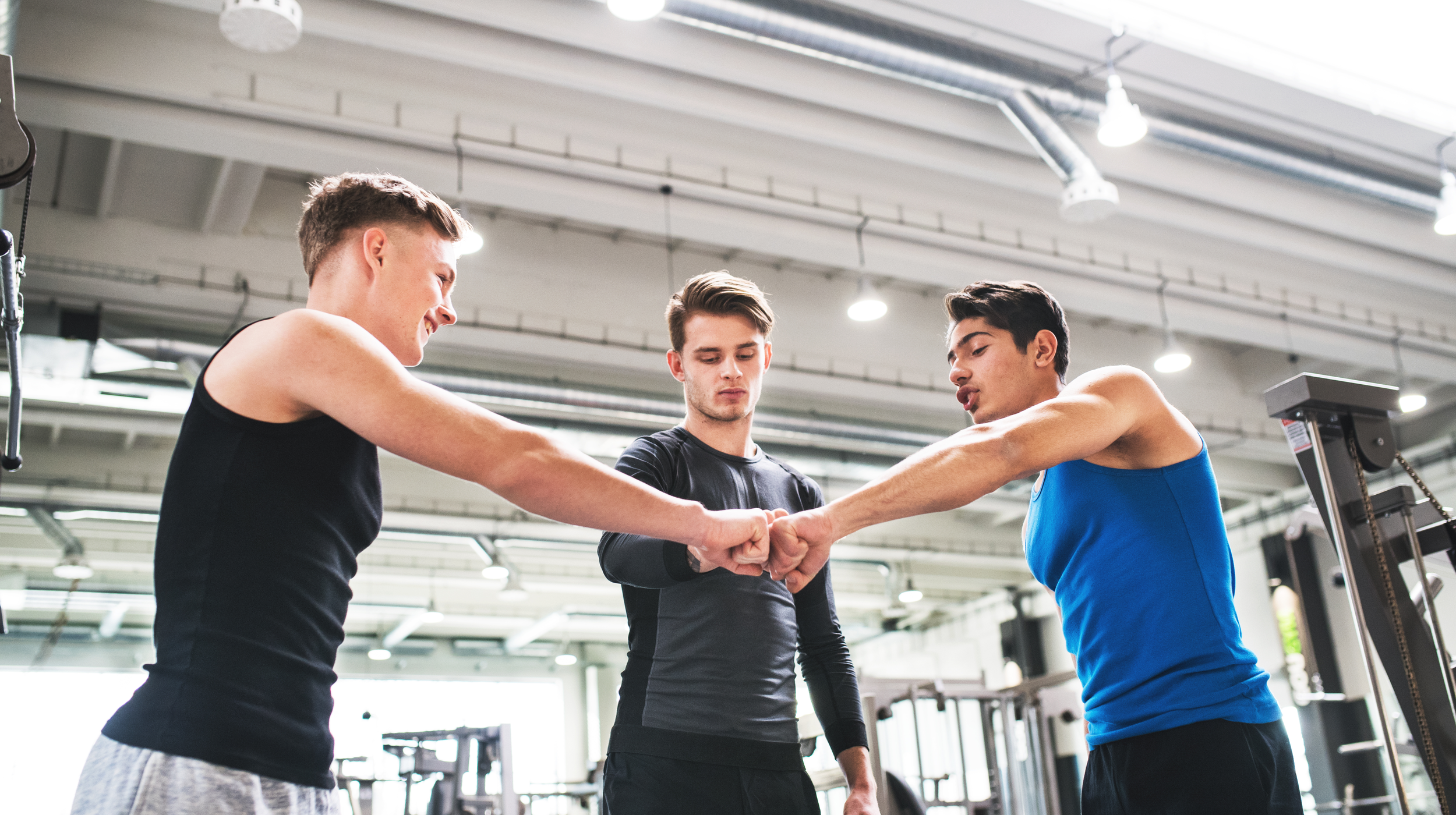Is Resistance Training for Teenagers OK?
Apr 12, 2021 mindpumpThere used to be this belief that it was unsafe for teenagers to lift because it might impair their growth. That has since been debunked, and actually shown that it is beneficial for kids to workout. Having said that, you want to be making sure they are doing their due diligence. When things go wrong is usually when the teenager is improperly coached, or focusing on the wrong things.
I’ll be going over my take on how to introduce resistance training for teenagers but be sure to check out Sal’s book The Resistance Training Revolution to read further tips on resistance training for teenagers.
Form, form, form!
Hands down, the sole focus of a teenager working out should be their technique. Obviously the better their form is, the safer the lift becomes. Another way to look at it is, their potential to grow. I know I spent so many years wasted at the gym just loading heavy movements and going through the motions with bad form, because I thought increasing the weight was the most important thing.
Focusing on form sets their foundation. If they get the fundamentals down, think about the full range of motion they’ll build early on in their careers, which only leaves them to add even more muscle than they otherwise would as they get older.
Compound Movements
They also don’t need to be focusing on the smaller isolating exercises or machines. Hitting the big compound lifts gives them the biggest potential for adding on muscle so frequency spent working on building their technique and strength up in those will have way more carry over than trying to add in machine work, and arm work for the sake of volume.
As teenagers, we’ll have the highest amount of natural testosterone we ever will in our adult lives. That means these kids have such a high potential to grow early on. Spending 2-3 days a week focusing on the big compound lifts (squat, bench, deadlift, overhead press, and row) will also still build muscle in the arms and spots we commonly think are being neglected. That’s the beauty of getting good at the fundamentals. By the time they get older, they’ll have built this muscular frame to which THEN they can throw in direct arm or shoulder work to just round out their physique and fine tune.
Control Their Intensity
I remember when I first got into lifting at 17, motivation was not an issue. All I could think about was being jacked, and looking good at the beach for the ladies. As I mentioned before, this ended up making me focus way too much on increasing intensity over technique. Kids need to be guided towards effective programming. They also need to feel engaged otherwise they will lose interest.
If you find they are focusing way too much on heavier weights, find another metric for them to follow. How deep can they work on their squat? How perfect can they execute every rep before they need to re-rack the weight? Can they hold the contracted position for 2-3 seconds before lowering themselves down? There are many ways to gamify their workouts so that less emphasis is placed on increasing the weight, and more emphasis is on quality reps.
Remember, injuries happen because of shoddy technique, and lifters misappropriately loading the weight beyond what they can handle.
Food Quality
We all know teenagers don’t eat that great. By having them so focused on wanting to add muscle, and see results in the gym, use this as a time to educate them on seeing how food makes them feel. Their metabolism is running at an all time high. Let them play around with different foods and see how it affects their performance in the gym. Show them the importance of having protein with each meal and how it translates to their progress. Let them eat shitty fast food before a workout and see if it hinders their performance. Again, finding ways to keep them engaged and gamifying the process will allow them to create small goals, and ultimately enjoy the process vs the superficial end goal.







